Thanks to television, for the first time the young are seeing history made before it is censored by their elders
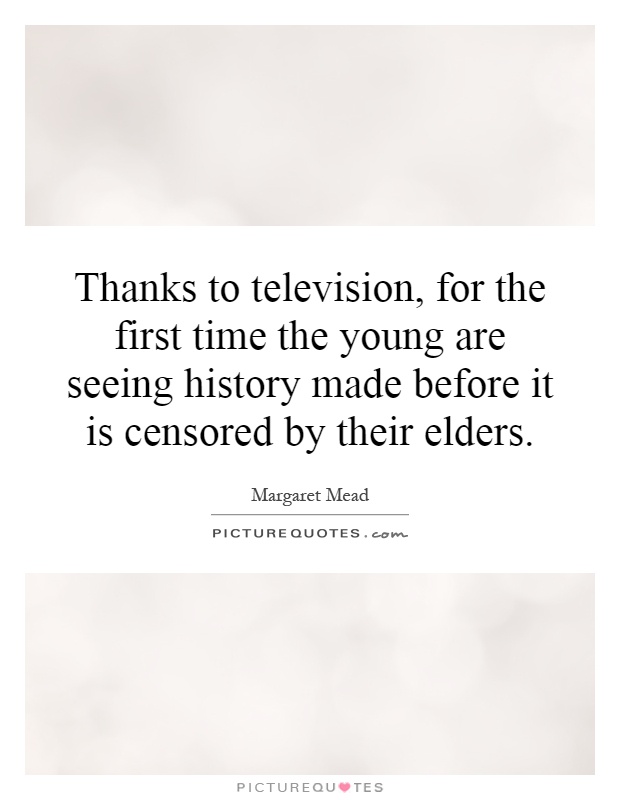
Thanks to television, for the first time the young are seeing history made before it is censored by their elders
Margaret Mead, a renowned cultural anthropologist, once famously said, "Thanks to television, for the first time the young are seeing history made before it is censored by their elders." This statement holds true even today, as television continues to play a significant role in shaping the way we perceive and understand historical events.Television has the power to bring history to life in a way that textbooks and lectures cannot. Through documentaries, news programs, and historical dramas, young people are able to witness firsthand the events that have shaped our world. They can see the triumphs and tragedies, the struggles and successes, and the heroes and villains of history in a way that is both engaging and informative.
One of the key benefits of television in this context is its ability to provide a more nuanced and diverse perspective on historical events. While textbooks often present a one-sided view of history, television allows for multiple viewpoints and voices to be heard. This can help young people develop a more critical and informed understanding of the past, as they are exposed to a wider range of perspectives and interpretations.
Furthermore, television has the power to humanize history in a way that is often lacking in traditional educational materials. By seeing real people, with real emotions and experiences, young viewers are able to connect on a deeper level with the events of the past. This can help them develop a sense of empathy and understanding for those who came before them, and appreciate the complexities of history in a more meaningful way.
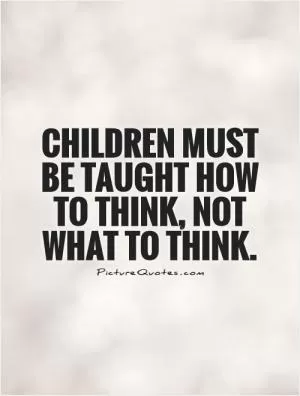
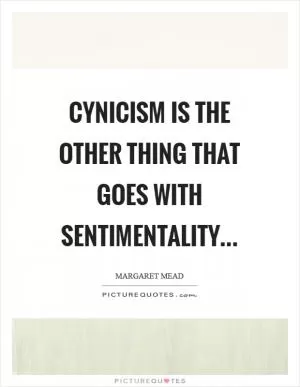
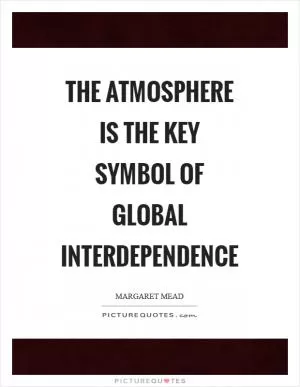
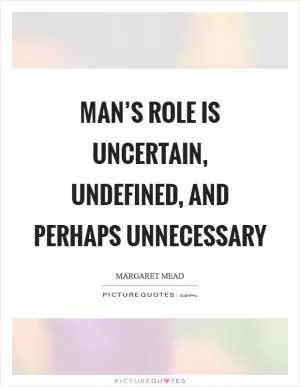
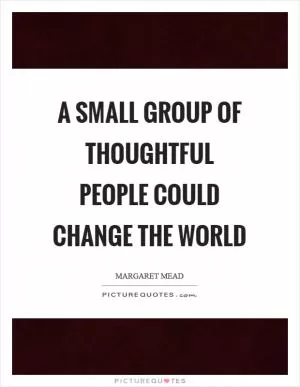
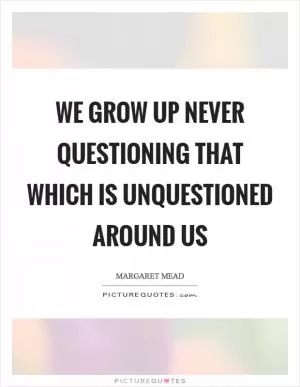
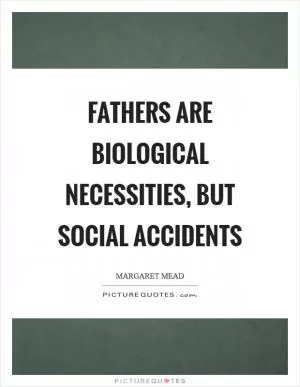
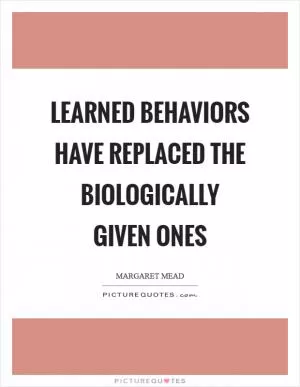
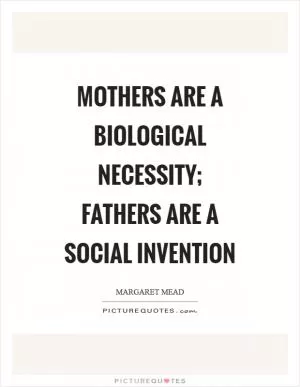
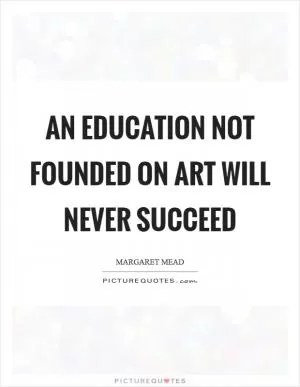
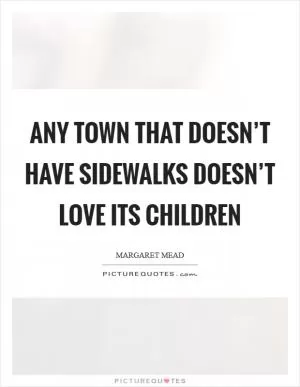
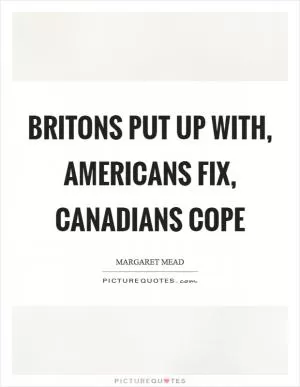
 Friendship Quotes
Friendship Quotes Love Quotes
Love Quotes Life Quotes
Life Quotes Funny Quotes
Funny Quotes Motivational Quotes
Motivational Quotes Inspirational Quotes
Inspirational Quotes